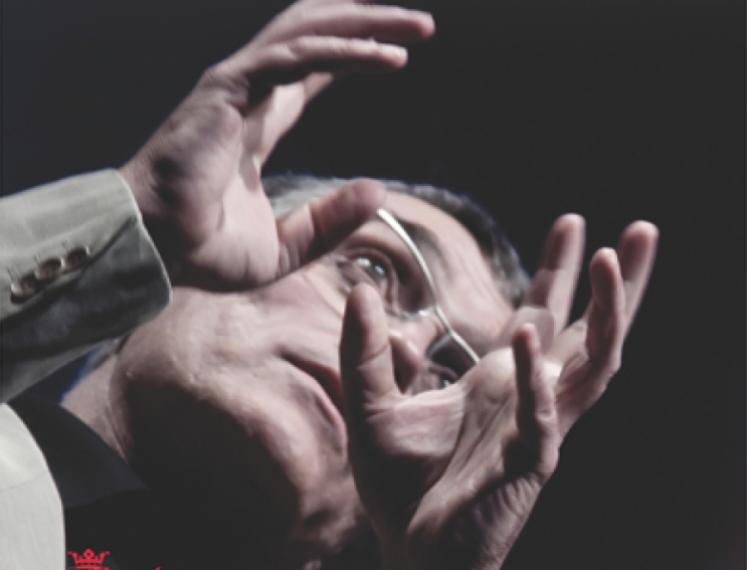
Academiegebouw
Broerstraat 5
Groningen
Netherlands
Acting and Thinking Together
Human beings act together in characteristic ways, and these forms of shared activity matter to us a great deal. How do we effortlessly engage with others in complex ways that seem unavailable to other species?
We do many things together including singing duets, dancing, and building. We engage in friendships and love, we practice the art of conversation, and we collaborate on scientific projects. Collaboration and cooperation play a central role in everyday life. In all these activities we act together in characteristic ways. How do we do it? How do we effortlessly engage with others in complex ways that seem unavailable to other species? We share intentions, even if they are not always explicitly articulated. When two people dance the tango, for instance, they do not engage with each other strategically, but they share a conception of what they are doing together. Prior exchanges of promises are not necessary for shared activities. Distinguished philosopher Michael Bratman explains what is at stake in shared intentionality. His approach is premised on the thesis that planning lies at the core of what makes human beings special as compared to other animals. Focusing on small-scale cases, Bratman argues that shared intentionality requires nothing more than individual planning strategies. The explanatory power of this approach becomes apparent in particular when he extends it to provide an innovative model of shared deliberation.
Michael E. Bratman has been at Stanford University since 1974. He is currently 'U. G. and Abbie Birch Durfee'-Professor in the School of Humanities and Sciences, and Professor of Philosophy at Stanford University. His latest book is Shared Agency: A Planning Theory of Acting Together (2014). He has been awarded an ACLS Fellowship, a Guggenheim Fellowship, and fellowships from the Center for Advanced Study in the Behavioral Sciences, and the Stanford University Humanities Center. He is a member of the American Academy of Arts and Sciences. He has been President of the Pacific Division of the American Philosophical Association, and was Chair of the National Board of the American Philosophical Association. In 2014 he received the American Philosophical Association's Philip L. Quinn Prize "in recognition of service to philosophy and philosophers, broadly construed."
This lecture is organized by the Faculty of Philosophy in cooperation with Studium Generale Groningen. It is part of a series of lectures by prominent thinkers, organized on the occasion of the 50th anniversary of the Faculty of Philosophy as one of the ten Faculties of the University of Groningen.


